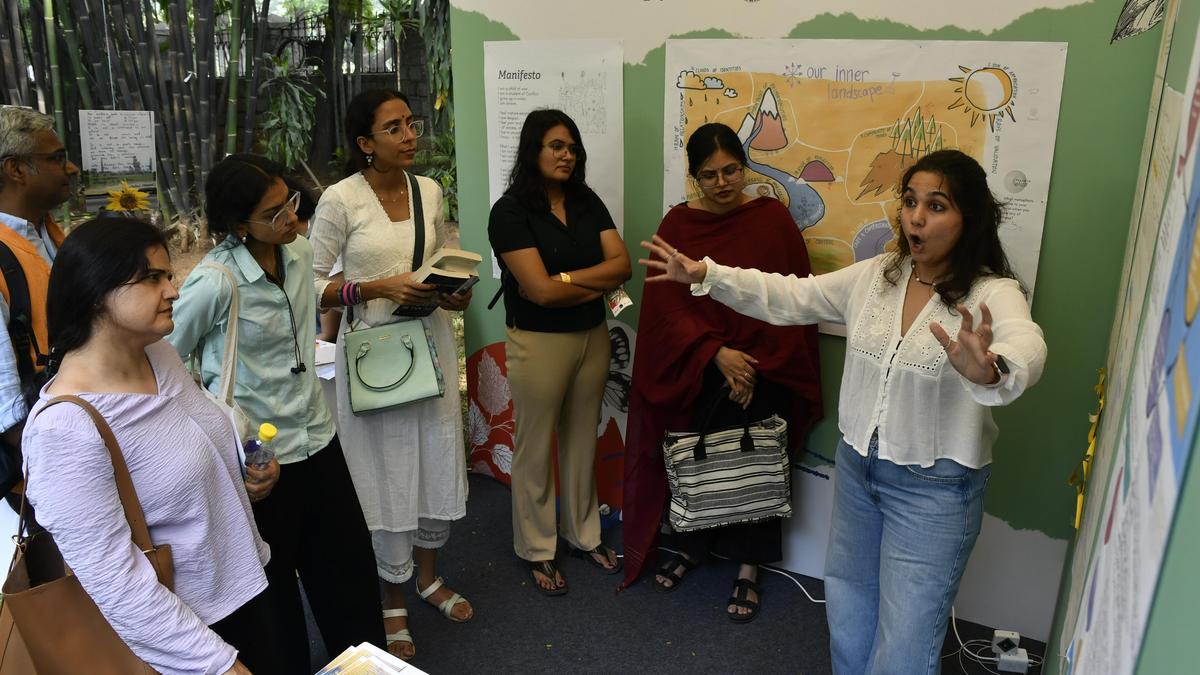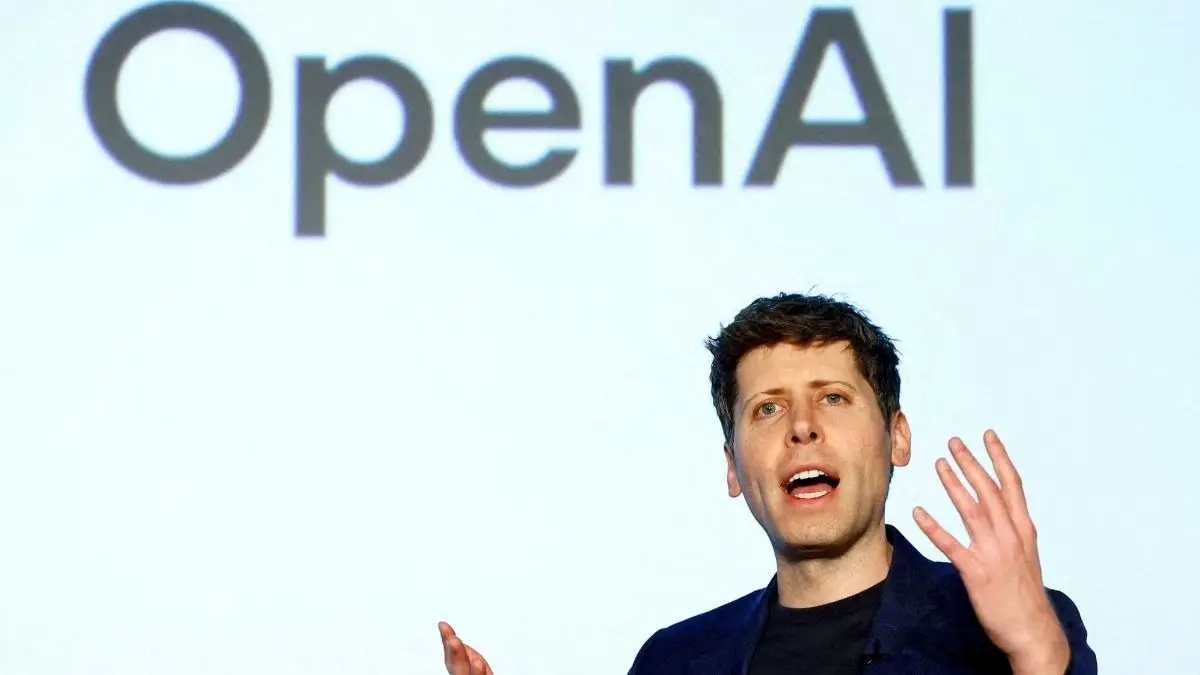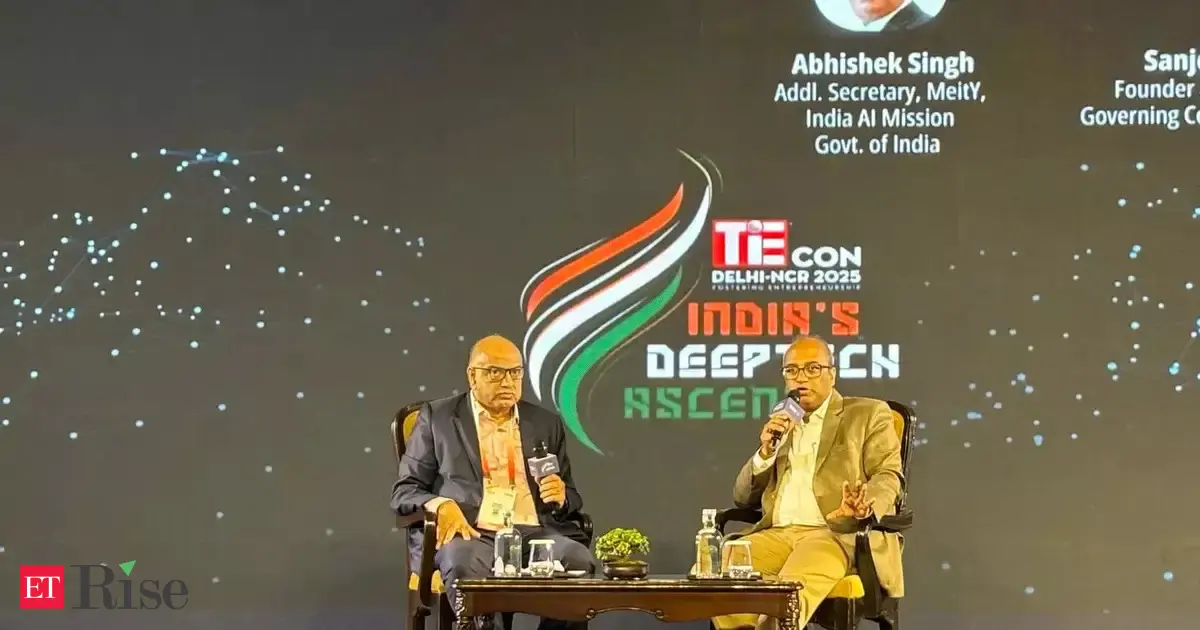Copyright thehindu

That ‘gut feeling’ may be more than a figure of speech. Researchers now say the trillions of microbes living in our digestive tract constantly communicate with the brain - influencing not just how we digest food, but also how we think, feel, and respond to stress. At a session on the ‘Gut–Brain Connect’ held during the ongoing Manotsava, the mental health festival in Bengaluru, experts discussed how emerging research is validating what traditional wisdom has long believed - that good digestion is the foundation of good health, both physical and emotional. The panel, moderated by health and lifestyle coach Nandita Iyer, featured microbiome researcher Yogesh Shouche from SKAN Research Trust, fermentation expert Payal Shah of Kobo Fermentary, and Megha from the University of Transdisciplinary Health Sciences and Technology (TDU). Second brain Prof. Shouche described the gut as a ‘second brain’ that hosts trillions of microorganisms working in tandem with the body’s nervous and immune systems. “These microbes produce neurotransmitters such as serotonin and dopamine- the same chemicals that influence our mood and behaviour,” he said. “Through the gut–brain axis, there is a constant two-way communication between what we eat and how we feel.” He explained that modern lifestyles - dominated by processed food, stress, and antibiotics - disrupt the microbial diversity essential for mental and metabolic balance. “Our gut thrives on variety. A diverse diet of fibres, grains, and fermented foods helps maintain microbial harmony,” he said. Fermentation Fermentation expert Payal Shah spoke about the revival of traditional food practices as a natural route to better gut health. “Fermented foods are living ecosystems,” she said. “They introduce beneficial bacteria that improve digestion, boost immunity, and even help stabilise mood.” From idli and dosa batter to curd and pickles, Indian kitchens have always nurtured microbial life, she said. “Our grandmothers understood this instinctively - a spoon of home-made curd or a sip of buttermilk after a meal kept the gut balanced. Today, science is explaining why that wisdom worked.” She also cautioned against commercial shortcuts. “Store-bought probiotics or imported ferments cannot replicate the complexity of home-made foods. Every region’s traditional ferment - be it kanji, appam batter, or kombucha - carries microbes suited to its local environment and climate,” she said. Highlighting how traditional systems like Ayurveda have long linked digestion with emotional balance, Dr. Megha shared examples from her fieldwork documenting traditional foods of Karnataka. “Take tambuli, for instance- a drink made of buttermilk and local greens. It is a clever chemistry of probiotics from curd and bioactive compounds from plants, all in a tasty, easy-to-digest form.” She said integrative health research is now bridging that gap between traditional concepts and molecular evidence. With the explosion of wellness trends online, the panelists warned against exaggerated claims. “There is a myth that one probiotic pill or supplement can fix your gut or your mood. That is not true. Microbiomes are highly individual and shaped by our genes, diets, and environment. What works for someone in Delhi may not suit someone in Bengaluru,” said Prof. Shouche. Over 130 speakers Manotsava, co-hosted by Rohini Nilekani Philanthropies (RNP), NIMHANS and the National Centre for Biological Sciences (NCBS), was inaugurated on Saturday in the presence of Rohini Nilekani, Chairperson – Rohini Nilekani Philanthropies; Pratima Murthy, Director – NIMHANS; and L S Shashidhara, Centre Director – NCBS. The festival has brought together over 130 speakers across 26 panels and discussions, 23 workshops, and 32 stalls alongside photo exhibitions, a dedicated kids zone, a digital detox zone, and a live performance by the Indian folk rock band, Swarathma. The keynote talks featured Richard J Davidson (William James and Vilas Professor of Psychology and Psychiatry at the University of Wisconsin–Madison and the Founder and Director of the Centre for Healthy Minds), Rohini Nilekani, Kiran Mazumdar-Shaw (Executive Chairperson and Founder of Biocon Limited) and Nithin Kamath (CEO - Zerodha and Rainmatter).



